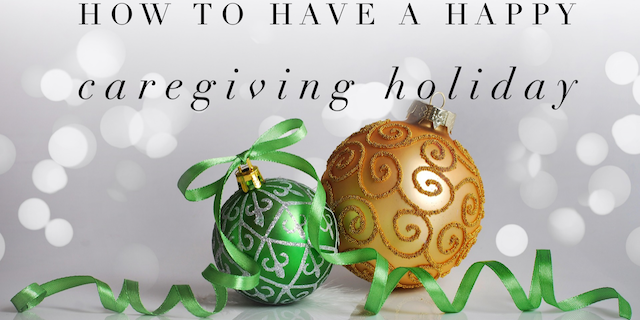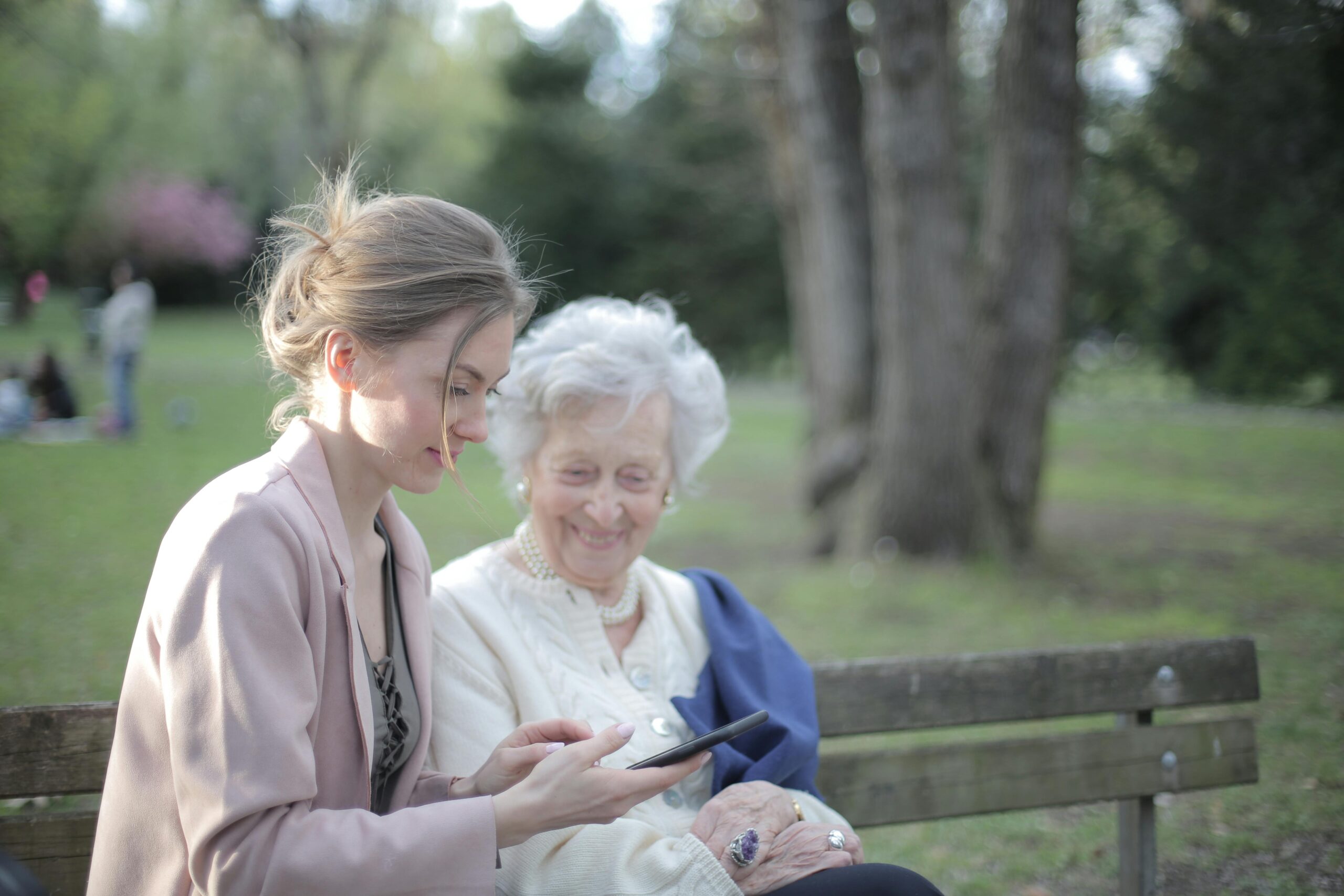Hey Caregivers,
Let’s cut the crap. Caregiving is one of the toughest, most emotionally draining jobs out there. And yet, there are so many things we don’t talk about, even though they weigh us down. Today, we’re diving into one of the biggest unspoken burdens: caregiver guilt.
What the Hell is Caregiver Guilt?
Caregiver guilt is that constant, nagging feeling that you’re not doing enough, that you’re failing your loved one, or that you’re selfish for wanting time for yourself. It’s the relentless worry that you’re not the perfect caregiver.
Why Do We Feel So Damn Guilty?
- Perfectionism: We set crazy high standards for ourselves, expecting to be superheroes who never mess up.
- Societal Expectations: Society glorifies caregiving as a noble, selfless act, making it hard to admit when we struggle.
- Love and Responsibility: Our deep love makes us want to give our all, but this turns into pressure and guilt.
- Comparisons: Seeing other caregivers seemingly having their shit together makes us feel inadequate.
What Triggers Our Guilt?
- I am needing a Break: Feeling guilty for wanting or needing time away.
- Getting Pissed: Guilt over feeling angry, frustrated, or overwhelmed.
- Self-Care: Feeling selfish for taking time for your own needs.
- Screwing Up: Beating yourself up over mistakes or lapses in care.
- Resentful Thoughts: Feeling guilty about negative thoughts about your situation or loved one.
The Toll of Caregiver Guilt
Letting guilt run the show leads to burnout, depression, and a decline in your own health. It’s crucial to tackle these feelings, not just for you, but also for the person you’re caring for. A burnt-out caregiver isn’t doing anyone any favors.
How to Deal with This Guilt
- Own Your Feelings: Recognize that feeling guilty is normal. You’re not alone.
- Set Realistic Expectations: You’re human. You can’t do everything perfectly, and that’s okay.
- Practice Self-Compassion: Be as kind to yourself as you would to a friend in your shoes.
- Seek Support: Join support groups, talk to other caregivers, or get professional help.
- Prioritize Self-Care: Taking care of yourself is not selfish; it’s essential.
- Communicate: Share your feelings with family or close friends. They can offer support and understanding.
Real Talk: Stories from the Trenches
Here’s my own raw, real story from when I was deep in the trenches of caregiving:
Andrea’s Story: “There were dark days when I would pull up from work and just sit in the car, crying, because I didn’t have the energy to go inside and face it all. My spouse was struggling with mental illness, and every day felt like walking on eggshells. The guilt ate at me constantly, making me feel like I wasn’t doing enough, wasn’t strong enough. And then there were times with my mom. Watching her endure the pain of her terminal illness, I found myself praying that God would spare her from this suffering. I felt like a horrible daughter for even thinking that way. But you know what? I realized that these feelings didn’t make me a bad caregiver or a bad daughter. They made me human. Those moments of vulnerability and despair were natural responses to incredibly tough situations. Knowing the techniques and training as a holistic life coach, I now understand how to support myself and my loved ones. I was able to show up for my father as he battled dementia in a very different way. Remember, you do the best you can with what you have at that moment.”
Now, I have a support group for family caregivers where I share my 20 years in healthcare and my journey so you don’t have to lose yourself.
Final Thoughts
Caregiver guilt is a heavy load, but you’re not alone in feeling it. It’s okay to have these feelings, and it’s even more okay to talk about them. By acknowledging and addressing your guilt, you can find a healthier balance and provide better care for your loved one while taking care of yourself.
Remember, you’re doing an amazing job, and it’s okay to admit when things are tough. Reach out, share your story, and let go of the guilt.
With raw honesty and understanding,
Andrea







